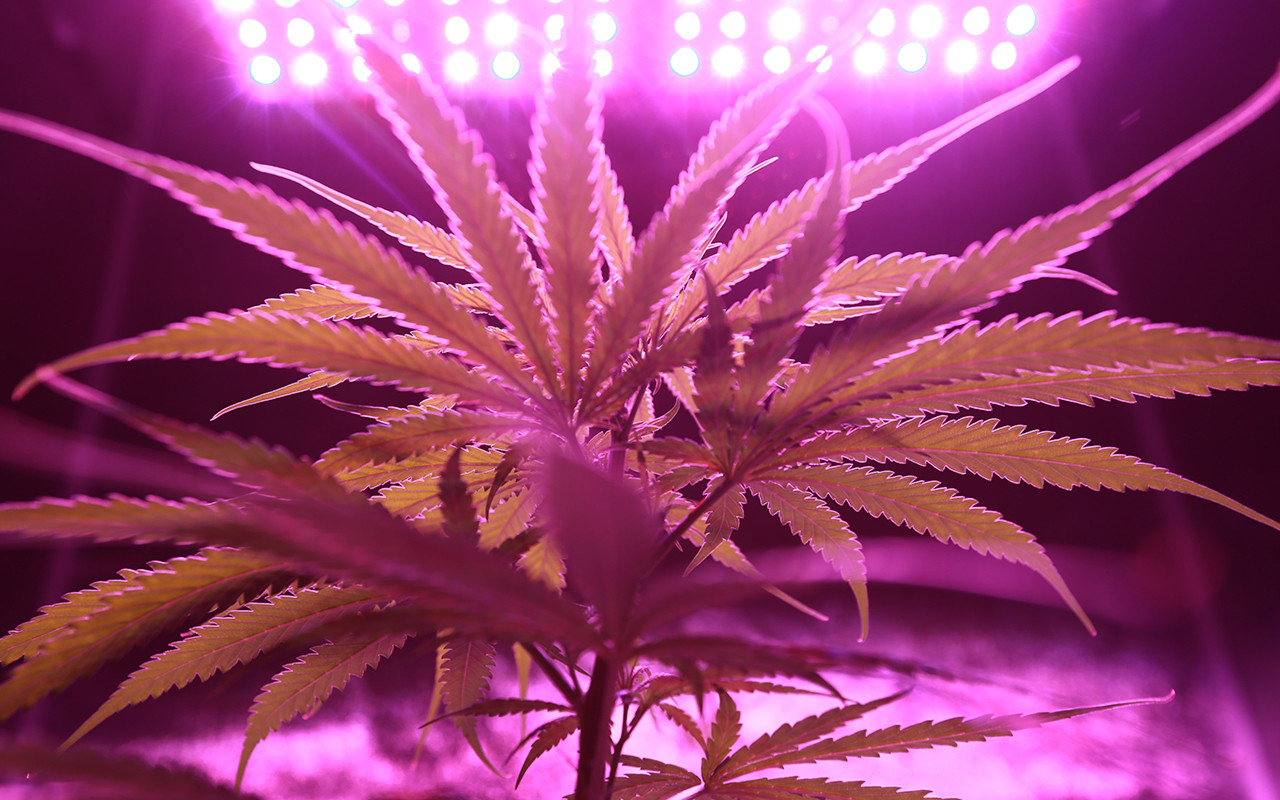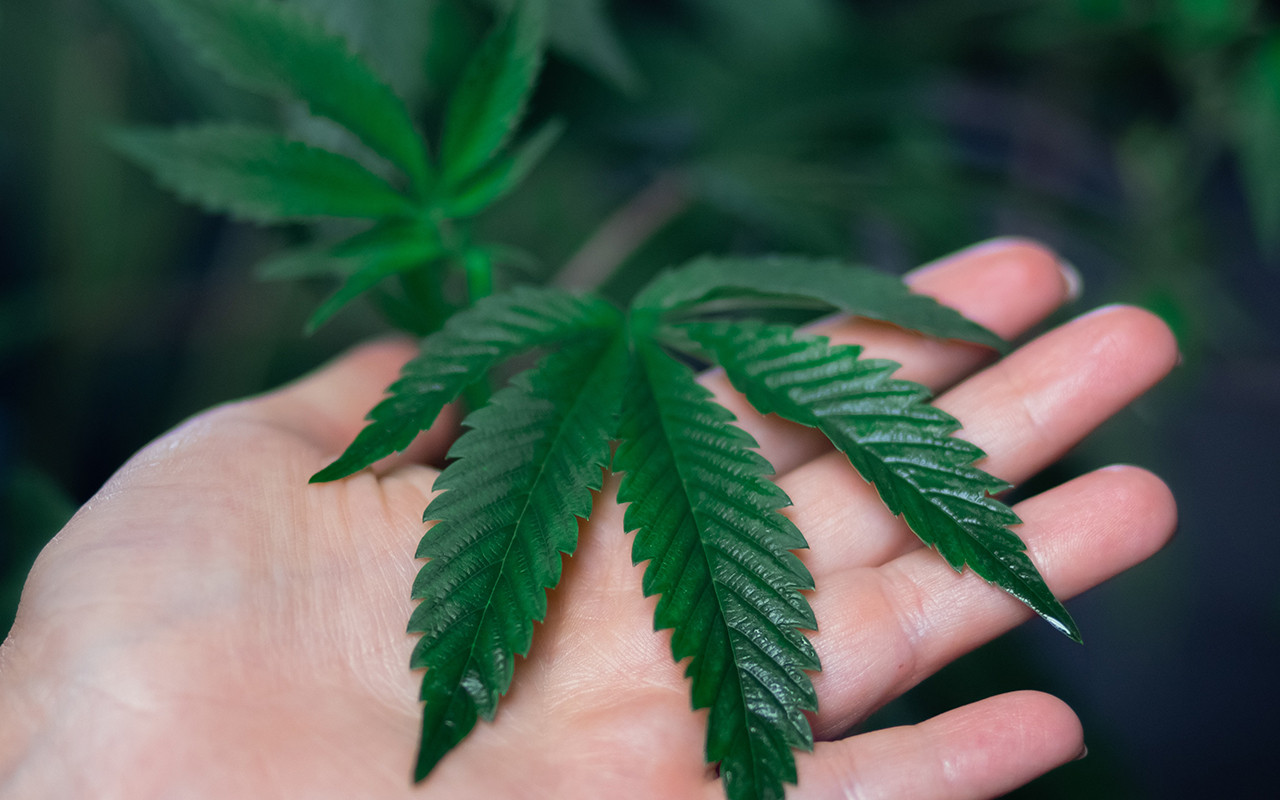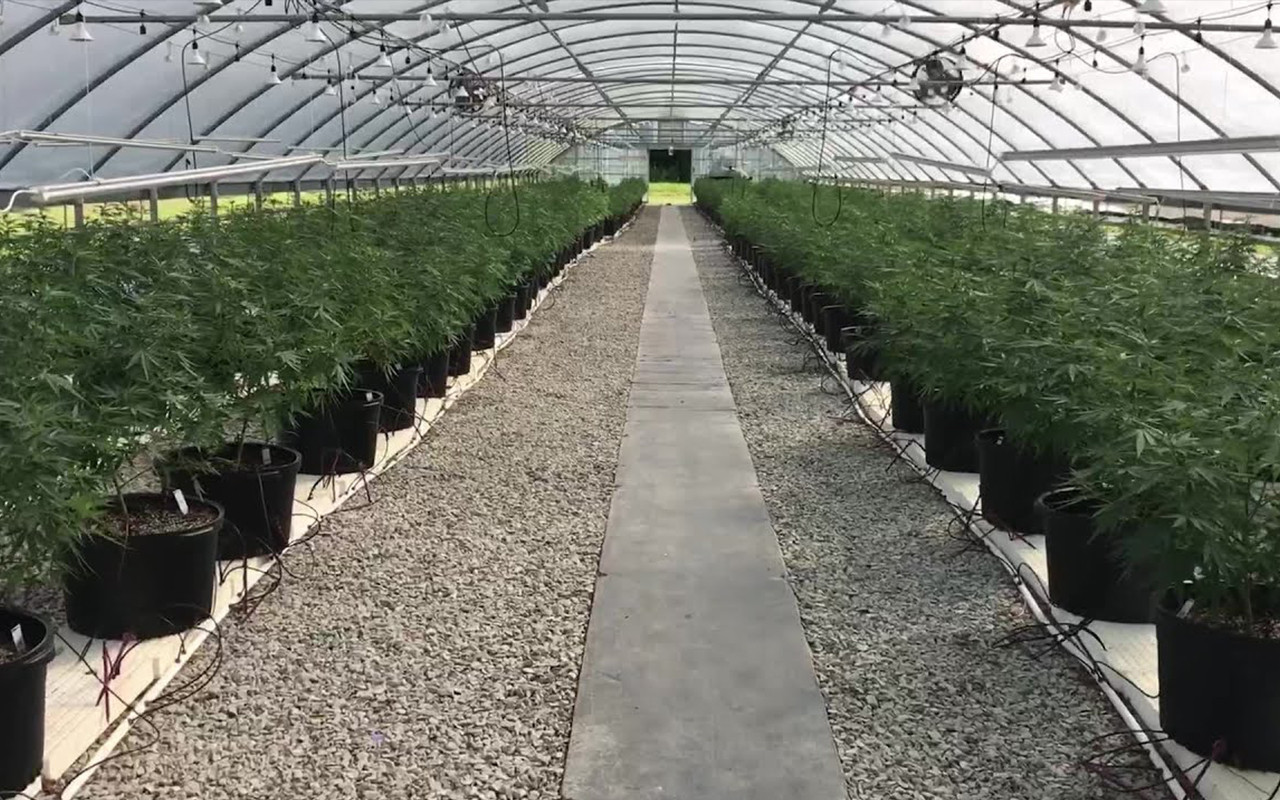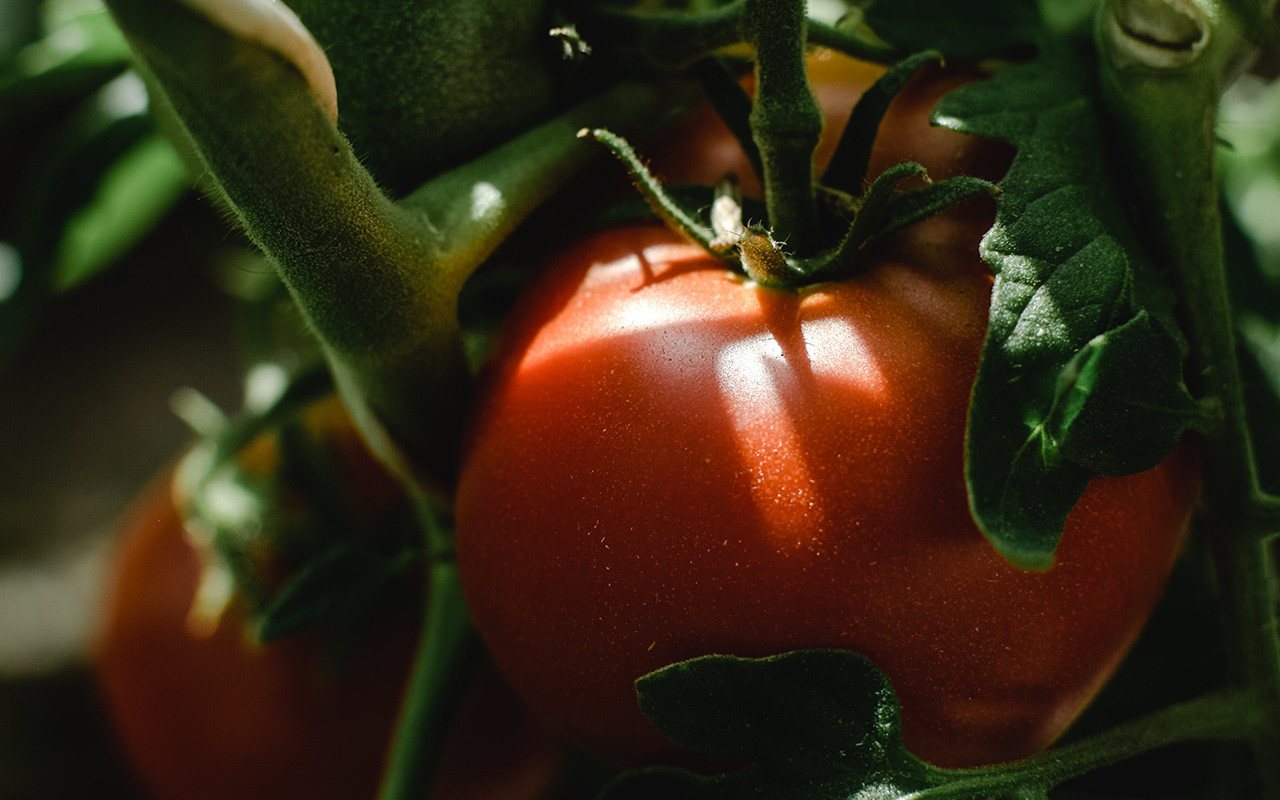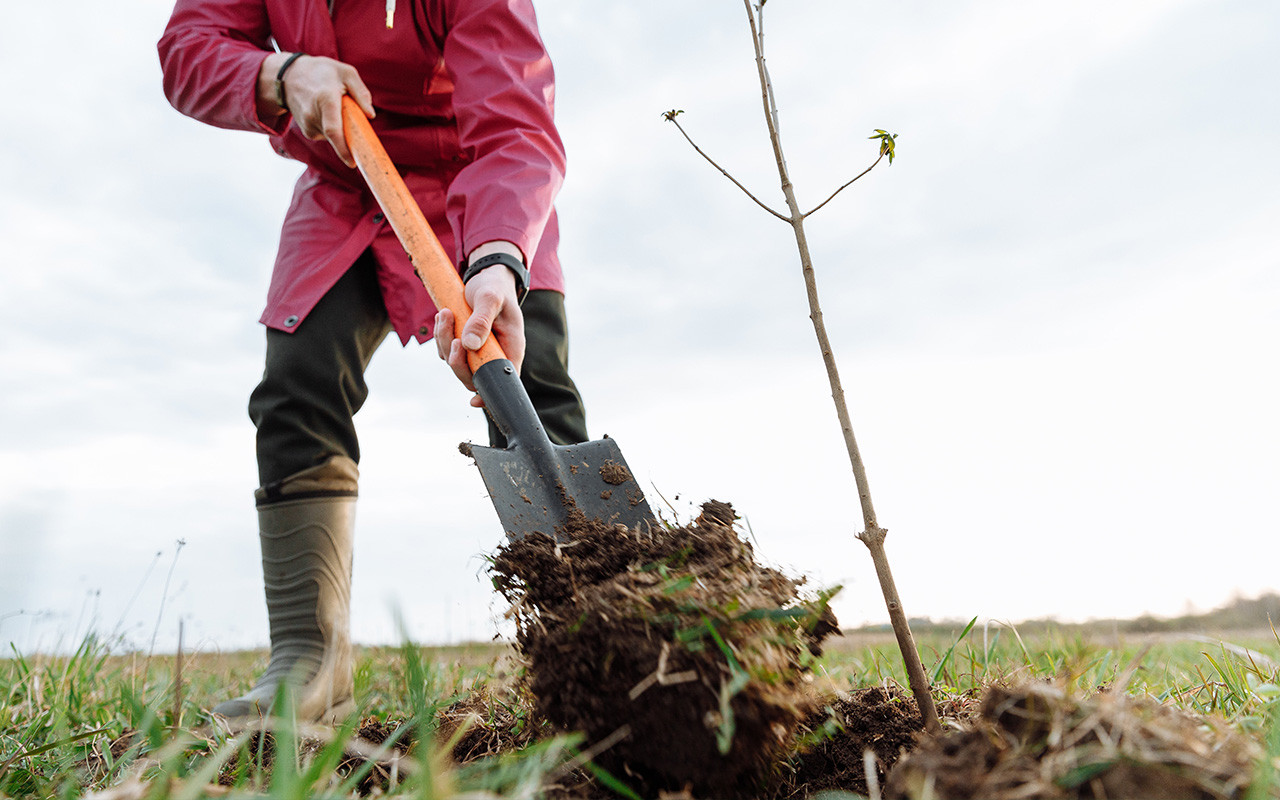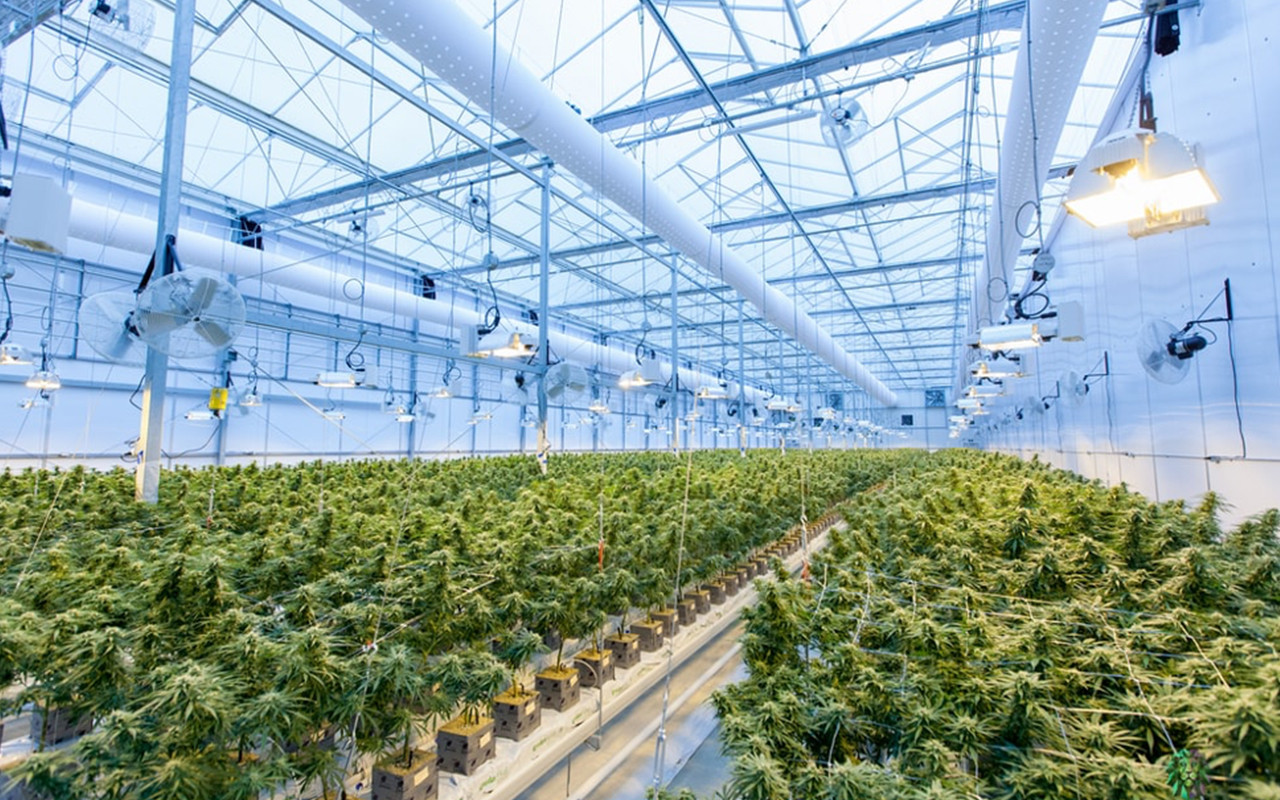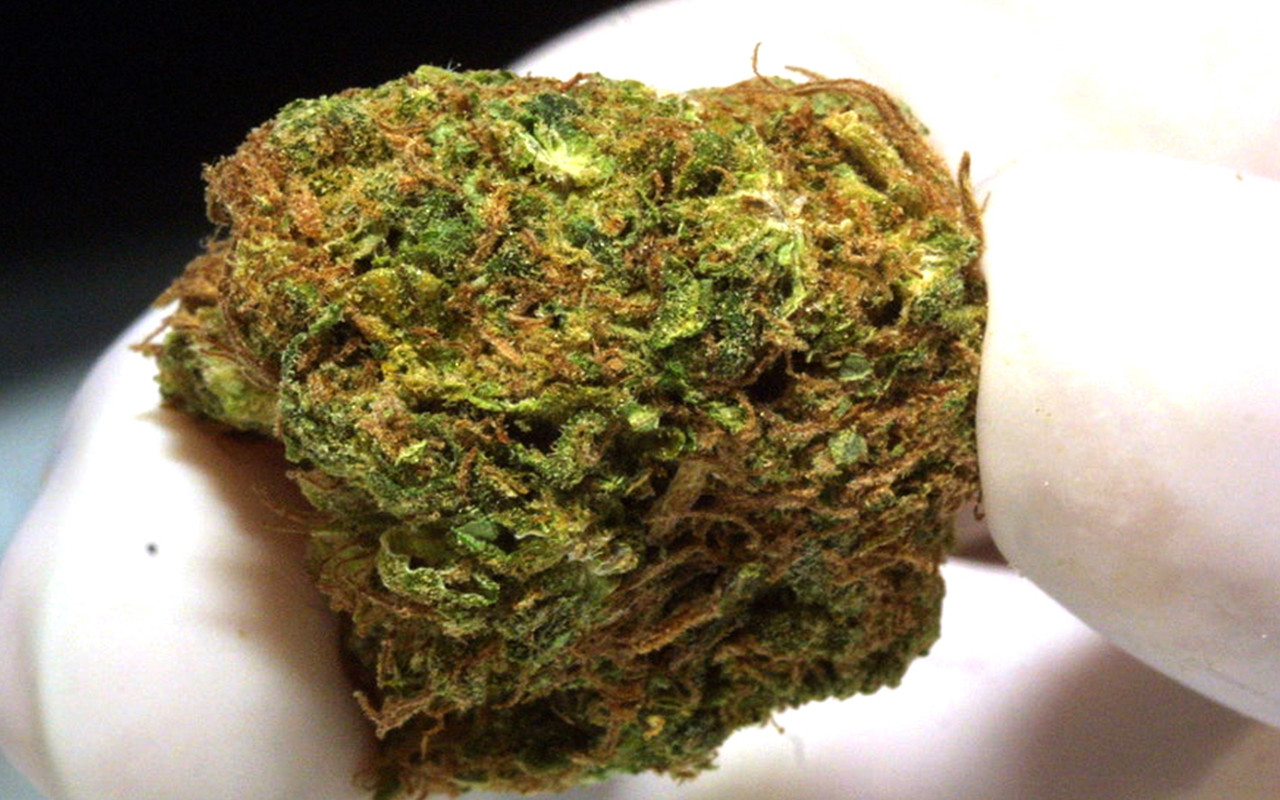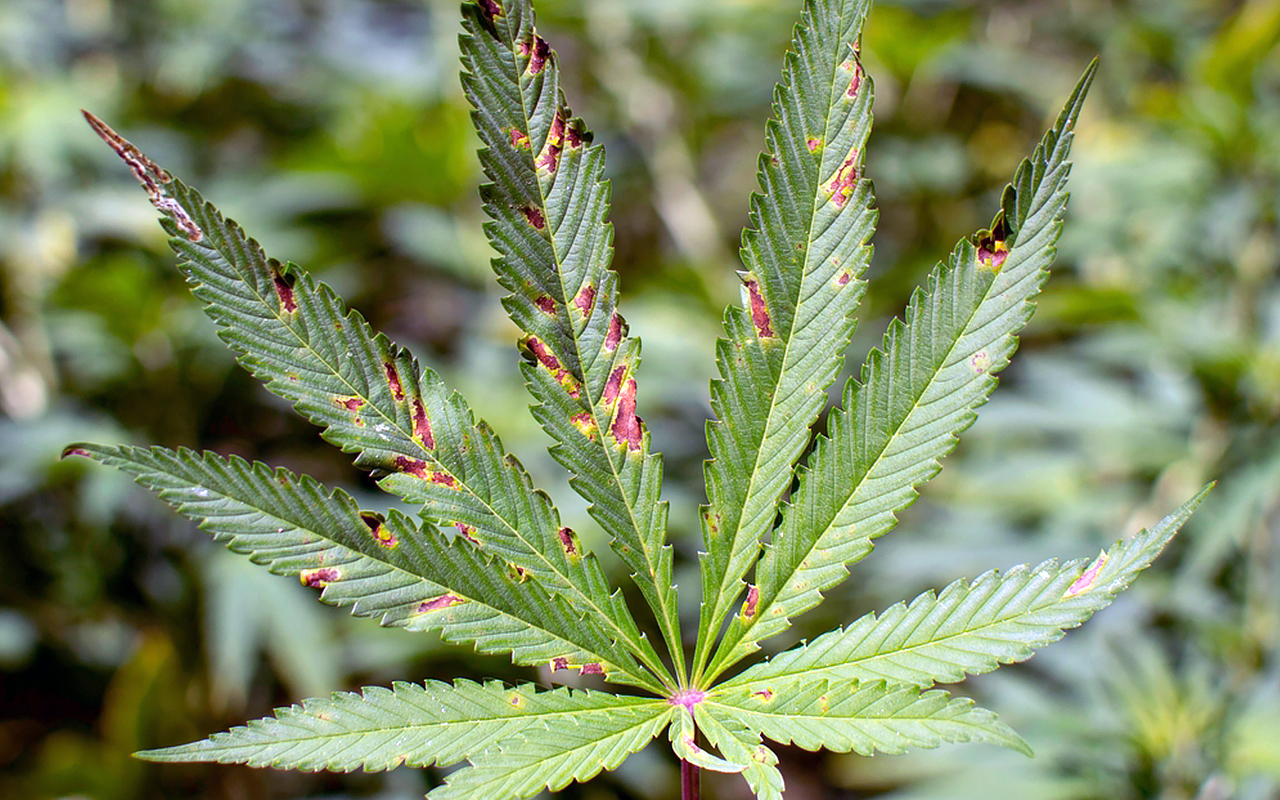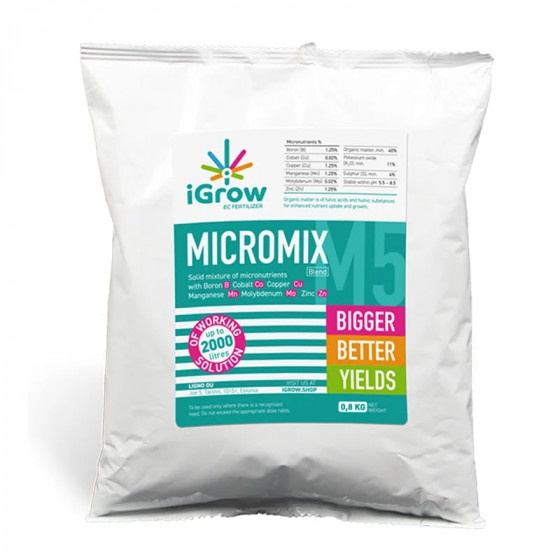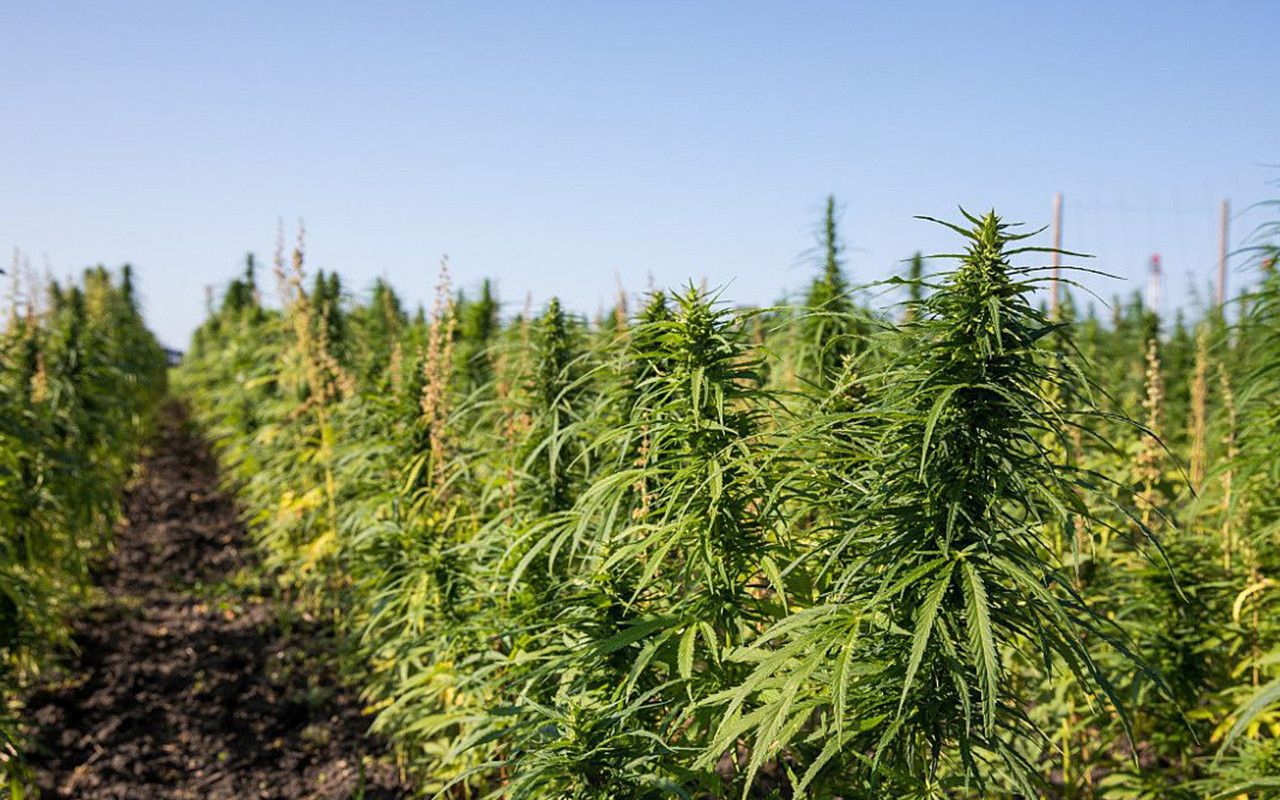
Grow Industrial Hemp Without Costly Mistakes
Know your soil type and its nutrient needs
When it comes to industrial hemp growing, the type of soil you use can make a big difference in the success of your crop. In general, hemp prefers loose, well-draining soil with a neutral pH level. Sandy loam and loamy soil are two types that are particularly ideal for hemp production. These soil types are rich in organic matter, which is essential for providing the necessary nutrients for hemp plants. Additionally, they promote healthy root development and allow for proper drainage, minimizing the risk of waterlogging. However, it's important to note that soil requirements may vary depending on the location and climate of the area you're growing in. By understanding your soil's composition and adjusting accordingly, you can maximize your chances of a successful hemp harvest.
Choose the right fertilizer for industrial hemp
Industrial hemp is a highly nutritious crop that requires specific nutrients to achieve its full potential. To ensure a successful harvest, growers need to understand the crop's nutrient requirements and how to manage them throughout the growing season. Industrial hemp requires ample amounts of nitrogen, phosphorus, and potassium, as well as secondary nutrients such as calcium, magnesium, and sulfur, to produce quality yields. While these are the primary macronutrients that industrial hemp needs, it is also important to monitor micronutrient levels, such as iron, copper, and manganese, to avoid any deficiencies or toxicity in the plants.
Knowing the common NPK removal rates for industrial hemp can help growers make informed decisions about their fertilizer application. According to research, a high-yielding industrial hemp crop can remove up to 200 lbs of nitrogen, 60 lbs of phosphate, and 240 lbs of potassium per acre. These removal rates can vary depending on factors such as soil type, growing conditions, and crop variety.
It's important to note that simply providing these nutrients through fertilizer application is not enough. It's equally vital to ensure that the plants have access to these nutrients throughout their life cycle. This means managing fertilizer application timings and monitoring soil pH levels to avoid nutrient lock-up or toxicity.
Avoid over-fertilizing industrial hemp as it can lead to nutrient burn
When it comes to industrial hemp, giving it too much love in the form of fertilizer can actually be harmful. Over-fertilizing can lead to nutrient burn, which affects the plant's ability to properly absorb and utilize nutrients. This can ultimately result in stunted growth and lower yields. As tempting as it may be to shower your hemp plants with fertilizers, it's important to take a step back and ensure you're following the recommended application rates. By doing so, you'll not only avoid nutrient burn, but you'll also be setting your hemp plants up for success in the long run.
Keep track of the pH level of the soil and adjust accordingly
If you want your plants to thrive, you need to keep a watchful eye on the pH level of the soil. This measure tells you just how acidic or alkaline your soil is, and can have a huge impact on the health and productivity of your plants.
The ideal pH range for hemp cultivation falls between 6.0 and 7.5. This level helps the plant to absorb the necessary nutrients and minerals from the soil efficiently. Irrigating with water that is too acidic or alkaline can affect the pH level, leading to growth issues, making it necessary to regularly test and adjust the soil pH level as necessary. Understanding and maintaining the correct soil pH balance is crucial for both the quality and yield of hemp crops.
But don't worry – adjusting the pH level is easier than you might think. By adding certain soil amendments, you can quickly and effectively bring your soil into balance.
Apply fertilizer only when needed - too much or too little fertilizer can have a negative effect on crop productivity
If you want your crops to thrive and produce a bountiful harvest, it's important to apply fertilizer only when needed. Too much or too little fertilizer can have a negative effect on crop productivity, but determining the right amount can be tricky. It's also crucial to understand is how often you should fertilize your hemp plants.
The general rule of thumb is to fertilize your plants every three to four weeks during its vegetative stage. Once your hemp reaches the flowering stage, reduce fertilization to 50%. Proper fertilization will help you achieve vigorous growth and an impressive crop, making it an essential aspect of industrial hemp farming.
Specific fertilization schedules may vary depending on the strain, soil nutrient levels and environmental factors. Partnering with a trusted agronomist can help you determine the best fertilizer schedule for your industrial hemp crop. This will help you make informed decisions about when and how much fertilizer to apply. Remember, a little goes a long way, so apply sparingly and watch your crops grow with delight.
Make sure to read and follow instructions on fertilizer labels correctly
It's always exciting to get a new product, but it's important to remember that the instructions on the label are there for a reason. Whether it's a new fertilizer or a soil amendment, reading and following the instructions on the label are essential in order to get the best results. When applying fertilizers and other products to your industrial hemp crop, ensure that you read the labels carefully and follow all safety precautions. Following the directions also ensures that you get the right product for your specific situation and that it is used correctly.
So, the next time you get a new pack of fertilizer, take a deep breath, grab a cup of coffee, and take a few moments to read through the label before diving in. Your future self will thank you!
Get condifent and start growing
Utilizing the knowledge gained through this article, industrial hemp growers can be more confident in selecting and applying the right fertilizer. Ligno OU micronutrient fertilizer and plant biostimulant are certified for using in organic farming. Also, a trusted agronomist can help you determine the best fertilizer schedule for your industrial hemp crop.
It takes time and practice to master the art of growing industrial hemp, but with patience and careful observation, you will be able to reap the rewards of a bountiful harvest. So, don't let common mistakes hold you back – shop iGrow fertilizers now and get on your way to better yields!







